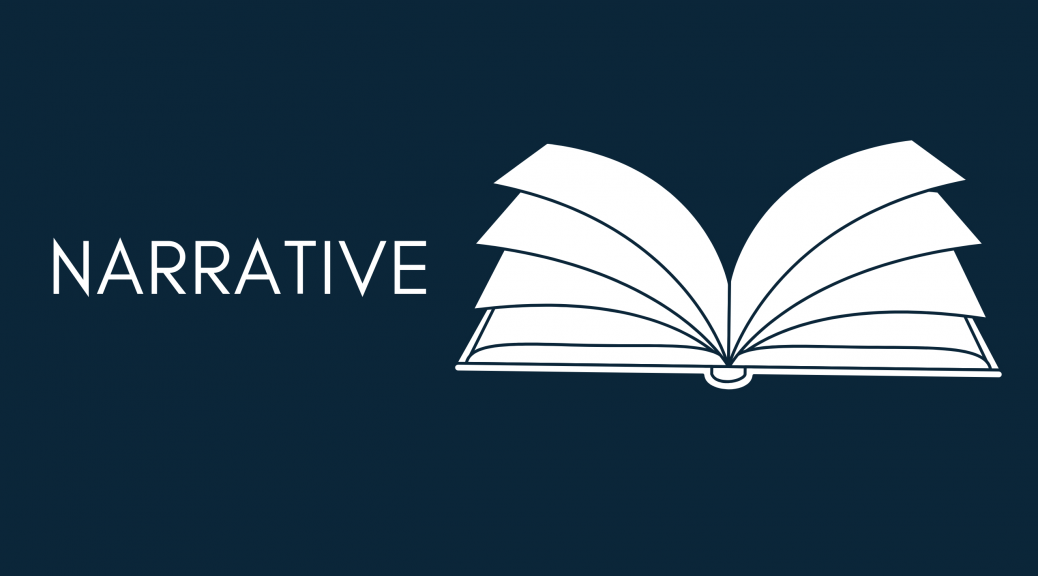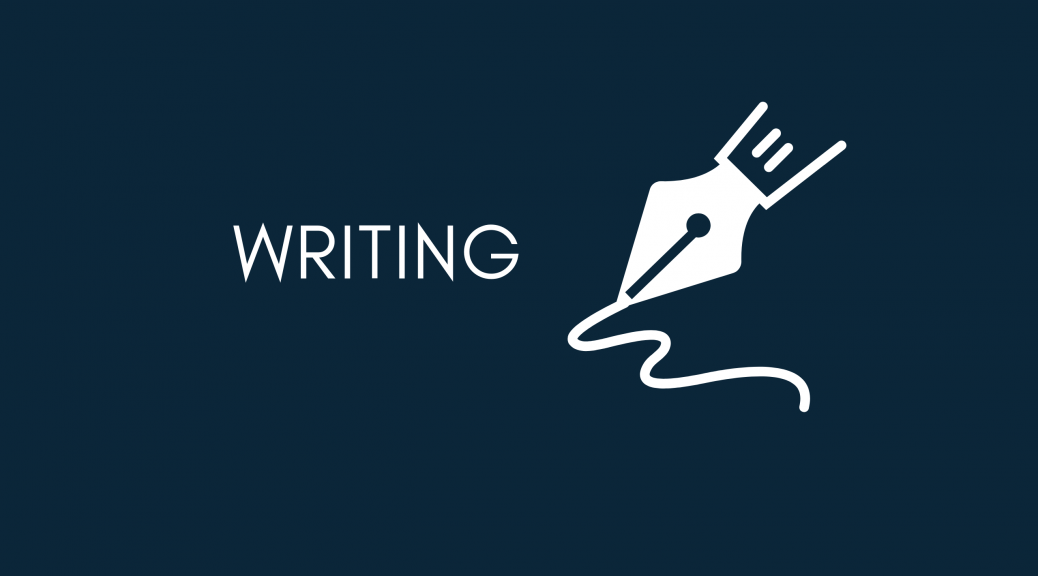
One Story is not the whole story
By Evie McRae | | Comments 0 Comment
If you have ever taken part in a workshop or perhaps even training at work you will be familiar with ice breaker sessions where you have to stand up and introduce yourself to the rest of the participants.
Love it or loathe it, I use this idea as an exercise to kick things off in my writing workshops. I introduce myself first and I generally use that time to outline some of my writing. I then invite everyone to write down what they want to say about themselves giving them 100 words to play with. We then go around the room and generally find out why people have chosen to attend a Memoir Writing workshop – and the reasons vary enormously. Sounds straightforward enough I hear you say.
After people have shared their introduction – we then come back to my earlier – resume-style introduction – and I then explain why I introduced myself in such a sterile manner. I want to reassure the audience they are in safe hands, I’m qualified in what I do, I have the necessary experience and I can help them write their story too.
But do they really know me? Do they know my story (or stories)? They know about the one and only story I have presented to them – and at that early stage in our workshop that seems to suffice.
I then go on to share around 4 or 5 more ‘introductions’ that I could have presented, each more emotive, personal and layered than the last. It’s in the sharing of these alternative ‘stories’ that we as a group ‘connect’ – because these are the ‘real’ stories that are often buried or ignored in the quest to present a more ‘together’ and polished version of ourselves.
It’s a very simple exercise demonstrating the framing of a narrative. There is also another lesson here – about being brave and raw when writing Memoir – because these are our human experiences that connect us all.
If you have suffered trauma or injustice in your life, it can feel like you ARE that story – you ARE that ‘abused partner’. You ARE that ‘beaten child’ or you ARE that ‘rape victim’ or you are that nurse that couldn’t heal the person you desperately wanted to heal most.
Sometimes, without even realising it, we absorb the energy of that trauma, and we become that story. If we are abused we become the shame and the unworthiness. If we are a mother or nurse or doctor, then we should be able to heal. If we don’t – then we can absorb and become ‘failure’.
One of the first steps to healing – and rewriting your story – is to realise you are not the sum total of that one story. You are more than one story. You are not the problem. The emotion attached to that external problem that happened outside of you is the problem.
Do you have a story you keep repeating to yourself about yourself? What story do you tell others about yourself? Does that story differ when it comes to relating to friends or strangers?
We all have more than one story. Sometimes we get caught up in ‘our old story’ to the point we forget or just don’t see our other magnificent and triumphant stories.
Perhaps if your mother was absent emotionally you could change your story from one of abandonment and rejection – to one of ‘resilience’ and ‘compassion’ – the tools you learned as a result of that thing that happened outside of yourself (that thing that isn’t you the human being).
This is the beauty of combining healing with writing – you can literally and figuratively rewrite your story – and it’s not necessarily a work of Fiction – the story is there – you just need to know where to look -or to have someone on your team skilled enough to help you identify it.
If you are interested in taking part in my upcoming ‘What’s your Story?’ Workshops which include Magical Memoir Writing and ‘Giving Trauma A Voice Through Writing’ do drop me a line so I can ensure you notified as soon as dates/venues are available.
